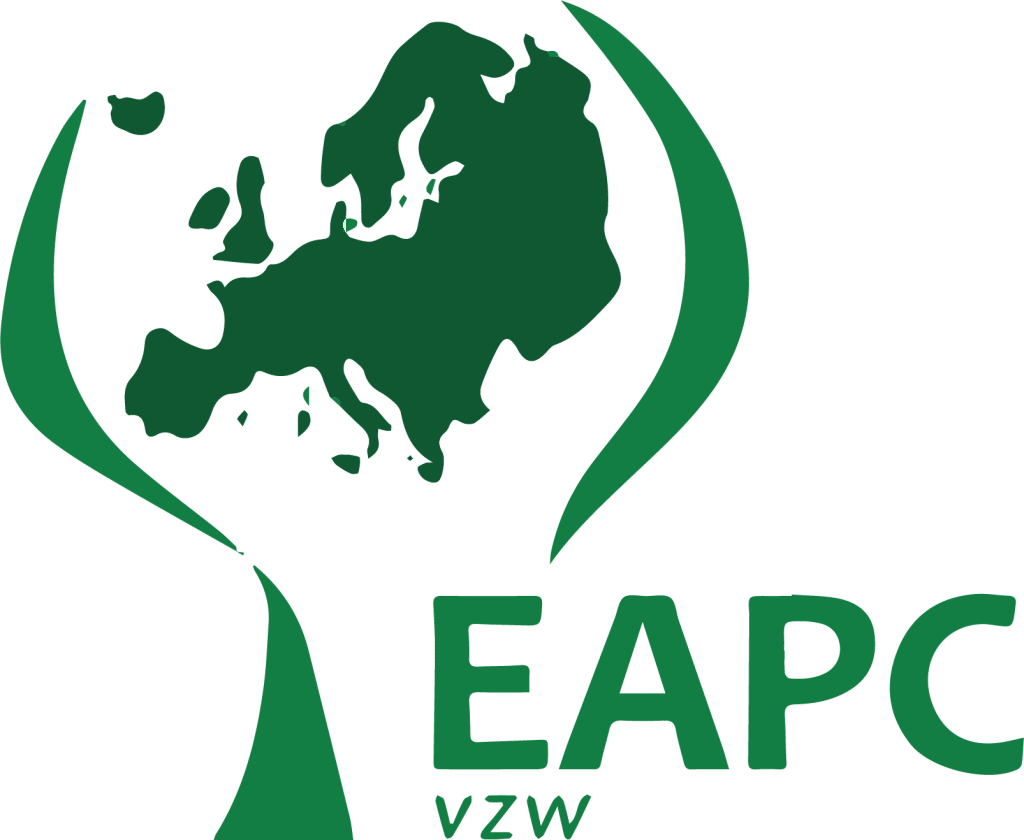Abstract Submission
submission is now closed
The Importance/Purpose of Abstracts
The Scientific Committee will build a considerable part of the conference programme on submitted abstracts. For this reason, the abstract deadline is set early.
All accepted abstracts (both oral and e-poster presentations) will be available in a special online only issue of the Palliative Medicine. Authors have the option to publish an email address with the abstract to enable interested parties to contact them directly. The email address will be the one given when submitting the abstract.
Authors should remember that the abstract allows the reviewers and the Scientific Committee to make an informed decision about the quality of the research and its suitability for inclusion in the scientific programme. Abstracts also provide conference participants with written information about each presentation.
Please note: the Abstract can not have been published in any international or national journal before plus the Abstract can not have been presented at any international congress before.
The Scientific Committee have prepared a list of thematic tracks in order to group the abstracts into various themes. Many abstracts may fit more than one track but a single category should be selected. Accepted abstracts may be re-categorised by the scientific committee in order to shape the final programme
Criteria for abstract submission
• The abstract text cannot exceed 2000 characters (incl. spaces, excl. title and authors).
• Abstracts must be written in English, explained abbreviations may be used. Please check spelling and grammar carefully as this may impact on reviewer’s decisions regarding acceptance.
• The abstract text must not contain any information about the presenters or institutions involved, to facilitate the blind review process.
• The number of authors should not exceed twelve.
• References are not required. If supplied, they must be included in the character count.
• Although case reports will be considered by the scientific committee, such abstracts will be given a low priority.
• Abstracts reporting on studies at a very early stage or study protocols will not be accepted.
• Drugs should be referred to by their generic name. The use of trade names should be avoided unless absolutely necessary.
• Only one table may be included per abstract.
• The main source of funding of a study should be indicated at the end of the abstract.
• The abstract must not have been published at any international congress before.
• The abstract must not have been published in any international or national journal.
• Background
• Aims
• Methods (design, data collection, analysis)
• Results
• Conclusion / Discussion
• Aim or goal of the work
• Design, methods and approach taken
• Results
• Conclusion / lessons learned
A Innovation & new technologies
B Pain & symptom management
C Informal & formal caregivers
D Older people
E Education & advocacy
F Ethics, policy and law
G Disadvantaged populations
H Psychological, social & spiritual care
I Paediatric palliative care
J Public Health & Epidemiology
K Policy, including international developments
L Development and organisation of services
M Primary and integrated care
N Communication
O Bereavement
P Volunteering
Q Research methodology and methods
R COVID 19
S PC in times of humanitarian crisis
Authors must indicate if they are willing to give an oral presentation if their abstract is chosen.
The final decision about the type of presentation will be made by the Scientific Committee.
There will be three types of presentations:
• Oral presentation
• E-Poster presentation with accompanying 2 minute video
• E-Poster presentation
All abstracts will be reviewed by up to three independent reviewers. The review process will be blind. Only country and profession of the first author will be disclosed.
The review will be carried out according to the following criteria:
- Aims-Background-Context: Relevance of hypothesis, clearly stated aims
- Quality of Method: Sampling, data collection, analytical strategy; stringency of theoretical position, reference to relevant knowledge base etc.
- Relevance to Palliative Care: All abstracts should demonstrate relevance to some aspect of palliative care practice, policy or research work, or make a contribution to a relevant theoretical or methodological debate.
- Originality of Research: The presentation of new data or new concepts. Stringency of arguments when repeating previous work. Abstracts previously presented at other international congresses will not be accepted.
- Clear Presentation of Results: Data interpretation, statistical power, application to palliative care practice, etc.
- Conclusions: Supported by the data presented, quality of interpretation of own work
Once the abstract has been electronically submitted, the corresponding author will receive an automatic confirmation by email with an abstract number. This number should be used for any enquiries. If you do not receive an automatic message after submission, please contact eapc.abstracts@abstractserver.com.
• Any changes after submission has closed (for example withdrawal of abstract, change of presenting author etc.) should be requested by email to the congress coordinator, including complete contact information of any new presenters.
• Please kindly note that the submission of an abstract does not replace the need to register for the congress. The inclusion in the scientific programme and publication of the selected abstract(s) is subject to the payment of the registration fee of the presenting author. After the abstract submission is closed, all presenting authors will be invited to register for the Congress with an email giving a link to register. If the abstract is not accepted by the scientific committee, the registration fee will be reimbursed.
After the review process the abstracts will be allocated to the scientific sessions by the Scientific Committee, and all corresponding authors will be notified by email of the decision of the Scientific Committee by end of January 2023.


